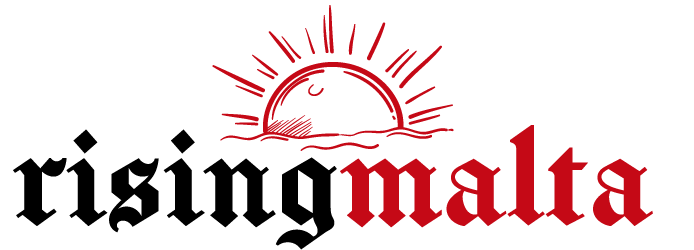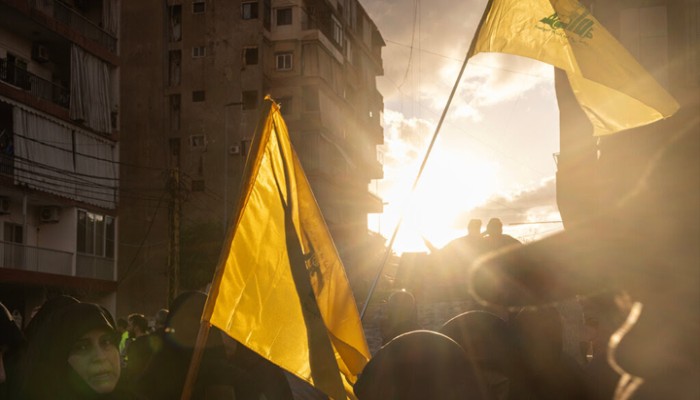
Israel Kills Hezbollah Leader in Beirut Airstrike, Expands Attacks to Yemen
Staff Report , Published: September 30, 2024, 9:09 am

Israel confirmed the killing of Hezbollah's leader, Hassan Nasrallah, in a targeted airstrike near Beirut on Friday. The strike, which hit Hezbollah's headquarters, marks a significant blow to the militant group. Nasrallah had long been a symbol of anti-Israel resistance across the Middle East. Despite his death, both Hezbollah and Israel’s military have vowed to continue fighting, with Israeli forces bombarding Lebanon over the weekend.
In a further escalation, Israel expanded its operations to Yemen, targeting Iran-backed Houthi militants after they launched missiles at Israel. The airstrikes killed at least four people, adding to the growing tensions across the region.
The strike on Nasrallah came amid increased boldness from Israeli Prime Minister Benjamin Netanyahu, who authorized the attack on the same day diplomats walked out of his speech at the U.N. General Assembly. Meanwhile, in Iran, a divide has emerged over how to respond to Nasrallah's assassination, with Ayatollah Khamenei indicating that Hezbollah, rather than Iran, would lead any retaliation against Israel.